
What, Me Worry – A Sermon For Thanksgiving
A Thanksgiving Sermon
Read the whole article here https://mbird.com/bible/what-me-worry-a-sermon-for-thanksgiving/
If there is one thing most human beings are good at, it’s worrying. Even a day set aside to give thanks can become a day set aside for extra worry. Every year, our family has a Wednesday Thanksgiving dinner with another family. It started out as a kind of Friendsgiving before there was such a term. This year we were to be in charge of the hors d’oeuvre and cocktail side of things. So last Sunday, after 4 church services, I began to worry about where to buy the oysters and when to get to the ABC store during a short and busy week.
A certain person I live with suggested that I have a propensity to take something fun and turn it into a burden, draining the joy out of what is supposed to be a nice, relaxed time. As you might imagine, I received this bit of “constructive criticism” less than cheerfully, but as usual, the person I live with was right on the money.
Had I taken to heart the gospel appointed for this Thanksgiving, I might not have needed the “truth spoken in love.” Employing his ability to speak directly to our deepest selves, Jesus says, “I tell you, do not worry about your life, what you will eat or what you will drink, or about your body, what you will wear. Is not life more than food?”
Is not life more than food? The answer to that question is debatable on Thanksgiving Day, especially when there are oysters, turkeys and martinis involved. (Now I’ve got you thinking about your own Thanksgiving menu, which is clearly not the intent of Jesus’ question.) His question is eerily prescient, for in the absence of God food has become the great new religion, with celebrity chefs our new great high priests. Foodies are the new disciples and hot restaurants the new cathedrals.
In the absence of God, there is a tremendous amount of sense in making life about food. After all, King Solomon and the prophet Isaiah said as much. So did Dave Matthews in his song Tripping Billies. Summarizing the wisdom of the kings and prophets he sang, “Eat, drink, and be merry, for tomorrow we die.” At least the first half of that injunction is on everyone’s agenda this Thanksgiving Day.
To be honest, hedonism isn’t a bad start. However, a hedonistic emphasis on living life hasn’t done anything to solve the worry problem. So, Jesus says something different. “Do not worry about your life.” Some 2000 years later the Prime Minister of Papua New Guinea said, “The entire world is worried.” He was talking about the fallout from the bickering between the US and China, but it also serves as a pretty good blanket statement of the human condition in all times and all places.
The entire world is worried. What kind of help is there for our worry? I used to read Mad Magazine growing up. Do you remember the iconic cover of Alfred E. Neuman, a redheaded, gap-toothed boy whose motto was, “What, Me Worry?” Al Feldstein, Mad’s editor, talks about his famous cover boy. “I want a definitive portrait of this kid. I don’t want him to look like an idiot—I want him to be lovable and have an intelligence behind his eyes. But I want him to have this devil-may-care attitude, someone who can maintain a sense of humor while the world is collapsing around him.”
What — me worry? There is great wisdom in maintaining a sense of humor while the world is collapsing around us. I highly recommend it. Not only will having a sense of humor help you when you are seated next to angry Uncle Ralph later today, but humor will be an essential coping mechanism when the deeper problems of life come knocking. The problem is that most of us can’t pull it off, especially when we are bogged down in worry.
Humor is closer to the heart of Jesus’ teaching than hedonism, but we still need more help. So Jesus tells us to become birdwatchers. Birds don’t gather food, he says, and yet our Heavenly Father feeds them. In actual fact, Jesus is a better theologian than ornithologist, because chickadees, nuthatches, jays, and crows can store thousands of seeds per year. Maybe he was just thinking about doves and sparrows — birds that don’t store food. His point, of course, is that, the only real counterpunch to worry is knowing — I mean really knowing — that God will provide all that we need.
Jesus says that the world is worried because the world (i.e. “Gentiles”) needlessly strives after all the things that God is going to give to us anyway. “Indeed, your Heavenly Father knows you need all these things.” To stop striving sounds pretty good, doesn’t it? Striving and worry are birds of a feather. The cessation of striving might land you peacefully and happily at a place where you can open your eyes and see the kingdom of God. And as Jesus says, why not have a look around there first? You know the song: “Seek ye first the kingdom of God and all these things shall be added unto you.”
The kingdom of God is a place to eat and drink and be merry. It is a place where humor is high on the list of virtues. And most of all, it is a place to give thanks to God who has already given us everything we need. Most of all — His Son. For God so loved the world that He gave his only begotten Son, so that all who believe in him may not perish but have everlasting life.
Amen.
[Sunday] Speak Well - Generosity
What she does is pretty outlandish. But while the disciples scold her for being wasteful, Jesus stands up for her. May we stand up for even the foolish, because we might just be emulating the grace of Jesus.
What she does is pretty outlandish. But while the disciples scold her for being wasteful, Jesus stands up for her. May we stand up for even the foolish, because we might just be emulating the grace of Jesus.
QUESTIONS FOR THE WEEK: Generosity -Speak Well
How does a person’s reputation affect his standing in society?
Read Mark 14:1-9. What do the disciples think about the woman who pours out the nard? How do they describe what she’s done? If you were that woman, how would you have felt at that moment?
How does Jesus respond to the disciples? What does Jesus do for this woman? How does Jesus do this same thing for you?
Who will you see this week that is normally slandered? How might you speak well of them this week?
What Had happened at Grace this week.
Alzheimer's Community Care Advocacy Trip 23'
Alzheimer’s advocacy trip photos.
Ed and Pastor Cris had a impactful time advocating for Alzhimer’s rights in the Florida Capital.
[Sunday] Coveting Abundance - Generosity
We should fear and love God so that we do not scheme to get our neighbor’s inheritance, house, wife, or get it in a way which only appears right, but help and be of service to them in keeping it.
We should fear and love God so that we do not scheme to get our neighbor’s inheritance, house, wife, or get it in a way which only appears right, but help and be of service to them in keeping it.
QUESTIONS FOR THE WEEK: Generosity - Coveting Abundance
-What kinds of things are done under the guise of fair dealing by people who want what belongs to someone else yet do not want to appear dishonest? How does society aid and abet such practices?
Read 1 Kings 21:1-16. How do Ahab and Jezebel covet? How are their actions dishonest?
What ways today are we tempted to act in a similar way to Ahab and Jezebel?
In a world full of coveting, Jesus “gives his life as a ransom for many” (Mark 10:45). How is Jesus the opposite of the world? What hope does this hold for you?
What Had happened at Grace this week.
Christmas Box Packing
Great time Packing Christmas Boxes
Giving Ginny a Gift from LWML.
Had fun Packing Many Boxes for those in the world.
Photos; Crafters, Walther League, Brother's Keeper and Youth Gatherings. Oh My
Crafters had fun Making angles and Cris and Kyler had fun at the FLGA Youth Weekend
Did not shoot many pictures of the youth weekend. 400 Students!
Brothers Keeper Packing Bags of toiletries for the homeless in the area.
Crafters Had fun making angles
Great time Playing Games at Walter League
Whose Land Is It?
Editor’s Note: This article by Reed Lessing originally appeared in the November 2006 issue of The Lutheran Witness. Due to increased interest in Dispensationalism resulting from the conflict in Israel, we’re making it available as an online resource. Please note that Dr. Lessing does not address the political situation in Israel. Rather, he seeks to address the theological issues related to claims about the land of Israel.
“This article is from the LCMS Publication the Lutheran Witness. It was originally written in Fall of 2006. It is out side of the current world events and I think is very informative. May we have humblness in this conflict as we say together, Lord have mercy. ”
Whose Land Is It?
November 1, 2006
Editor’s Note: This article by Reed Lessing originally appeared in the November 2006 issue of The Lutheran Witness. Due to increased interest in Dispensationalism resulting from the conflict in Israel, we’re making it available as an online resource.
Please note that Dr. Lessing does not address the political situation in Israel. Rather, he seeks to address the theological issues related to claims about the land of Israel.
by Reed Lessing
As a parent who survived the toddler years with three children, I still clearly recall the “Toddler Property Laws”: If I like it, it’s mine. If it’s in my hand, it’s mine. If I can take it from you, it’s mine. If I had it a little while ago, it’s mine. It must never appear to be yours in any way; it’s always and forevermore mine!
Over the millennia, numerous rulers, governments, and nations have looked at the land of Israel and said, “Forevermore, mine!”
The land once belonged to the Amorites, as we learn in Genesis 15. Then it was possessed by the Israelites. The Assyrians (2 Kings 17:6), Babylonians (2 Kings 25:22), Persians (2 Chron. 36:23), Greeks (Dan. 11:1–5), and Romans (Luke 3:1) all claimed ownership at times during Old Testament history. And since the end of the New Testament period, the Byzantine, Ottoman, and British empires have looked at this land and said “Mine!”
So whose land is it?
Politically or theologically?
Generally speaking, the question of who owned Palestine was answered politically from 70 A.D., when the Roman army crushed the Jewish rebellion and dismantled Jerusalem, until the 1840s. Whoever had the military might and diplomatic ability owned the land.
In the 1840s, John Nelson Darby, a Plymouth Brethren minister from England, began teaching that the question of Palestine’s ownership needed to be answered theologically.
By introducing the method of biblical interpretation called Premillennial-Dispensationalism, Darby heralded the idea that biblical history is divided into seven “dispensations” or periods of time. The end of the sixth dispensation, he stated, would be triggered by Israel’s return to the land.
Picking up where Darby left off, Cyrus Scofield propagated Premillennial-Dispensationalism in his influential Scofield Reference Bible, first published in 1909. The Scofield Reference Bible is the single most important document espousing the teaching that God permanently gave the land of Palestine to the Jews.
Prior to these teachings of Darby and Scofield, most Christians (including Lutherans) understood the ownership of Palestine to be a political issue, not a theological issue.
All of that has changed. It is estimated that 40 million Christians in the United States now embrace the idea that the present-day state of Israel created by the United Nations in 1948 is by divine decree and is a sign that we live in “the last days.”
The ‘Left Behind’ effect
Jerry Jenkins and Tim LaHaye have taken Scofield’s ideas and disseminated them via their “Left Behind” series of novels. The authors believe the fuse that ignited “the last days” was ethnic Israel’s return to the land of Palestine in 1948. They call this “the super sign of biblical prophecy” because they believe this event will trigger the rapture of the Church, which could occur at any moment.
The rapture will be followed by seven years of suffering and destruction, called the tribulation. After this, Christ will visibly return as Judge and usher in the seventh dispensation, His 1,000-year reign on earth. During this time, unbelievers will increase in numbers. Christ will return (again) and bring all evil to an end. He will usher in the new heavens and new earth. The key to the unfolding of these events, they believe, is that the land of Palestine forever belongs to the Jews.
What does the Bible say?
The Old Testament declares that the land of Canaan (approximately present-day Israel and Palestine, plus adjoining coastal lands and parts of Lebanon and Syria) belongs to the Lord (cf. Ps. 24:1); He is the one who gave it to Israel (Deut. 6:10–11), and He is the One who can take it away (Lev. 26:33). Land could not be permanently bought or sold (cf. 1 Kings 21:1–16); it could not be given away, let alone stolen or confiscated. The land in the Old Testament was always a means for a greater end, the coming of Jesus Christ in the fullness of time (Gen. 17:1–7; Gal. 3:14, 29; 4:4). To a large extent, however, it was Israel’s belief that it—not the Lord—owned the land that led to the Northern Kingdom’s exile of 721 B.C. to Assyria and the Southern Kingdom’s exile of 587 B.C. to Babylon.
When Jesus speaks about the land in Luke 19:41–44, He makes no reference to it ever being restored to the Jews. Rather, He taught His disciples to look forward — not to a Jewish return to the land — but to the coming of the Son of Man in His glory on the Last Day (Matt. 24:30–31; Luke 21:25–28; Dan. 7:13–14).
Jesus makes only several explicit references to the land in the Gospels. The strongest is in the Beatitudes. In Matt. 5:5, the Savior quotes from Ps. 37:11, where the blessing of the meek is the inheritance of the land. Yet, it is not the land of Israel, but the entire earth that the meek will inherit (cf. Rom. 4:13). And, in light of the strong eschatological dimensions of the Sermon on the Mount, this earth is the “new heaven and the new earth, the home of righteousness” (2 Peter 3:13).
Until the Day of Pentecost, the disciples shared the same nationalistic understanding of the land as the other Jews of the first century (cf. Luke 24:21; Acts 1:6). But after the coming of the Holy Spirit, they began to use Old Testament language concerning the land in new ways. One example comes from Peter, who speaks of our inheritance that, unlike the land of Palestine, “can never perish, spoil, or fade” (1 Peter 1:4).
The book of Hebrews is filled with examples of how the New Testament reinterprets “the land.” Christians have the land, described as the rest into which they have entered through Christ (Heb. 4:1–11). In Heb. 11:13–16, the central Gospel motif is the land. The pilgrimage of faith is set in three scenes: a land from which they set out in faith, the present context of wandering, and the hoped-for homeland that is a “better,” indeed a “heavenly” city.
Shadows or reality?
“The hope of the baptized is not
placed on current events in the
Middle East. Rather we are called
to fix our eyes on Jesus.”
Premillennial-Dispensationalists believe that Israel’s resettlement of the land in 1948 is the key to a correct understanding of the end times. They contend that Old Testament prophecies regarding not only the land, but also such promises as the rebuilding of the Temple and the reinstitution of its sacrifices, must be literally fulfilled.
It is clear from Scripture, however, that these Old Testament promises are to be read in light of the New Testament. The Old Testament revelation of God’s acts in the history of Israel consists of shadows, images, forms, and prophecies. The New Testament announces the reality, substance, and final fulfillment of these promises in the person and work of Jesus Christ (John 5:39; Luke 24:44).
The question, then, is not whether the land-promises of the Old Testament are to be understood literally or spiritually. Rather, it’s a question of whether they should be understood in terms of Old Testament shadows or in terms of New Testament realities.
When the New Testament is allowed to interpret the Old Testament, it follows that the 1948 state of Israel is not a prophetic realization of the Messianic kingdom of Jesus Christ. His kingdom is not of this world (John 18:36). Furthermore, a day should not be anticipated in which Christ’s kingdom will manifest Jewish distinctives, whether by its location in the land of Palestine, its capital in Jerusalem, its constituency, or its ceremonial institutions and practices. The Old Testament needs to be viewed in light of Jesus Christ.
The land-promises that God gave to Abraham were made effective through Christ, Abraham’s true Seed (Gal. 3:16). All spiritual benefits are derived from Jesus, and apart from Him there is no participation in the promises made to Abraham (Gal. 3:26–29). These promises are not directed toward any particular ethnic group. The Church — not Jews or the Israelis — is the true Israel of God, and the baptized are the children of Abraham.
When Premillennial-Dispensationalists point to the modern state of Israel as a concrete manifestation of God’s presence, they overlook the fact that God has left visible and tangible signs indicating that He is with His people. First John 5:7–8 states: “For there are three that testify: the Spirit, the water and the blood; and the three are in agreement.” God testifies to being present with His Church right now by means of the Spirit-inspired and Christ-centered Old and New Testament Scriptures, the water of Baptism, and the true body and blood of Jesus in Holy Communion.
The assurance of God working in the world is therefore not based on the return of the Jews to their ancestral land, but rather on the sure Word of promise of forgiveness of sins imparted in the means of grace, the Gospel and the Sacraments.
There is no suggestion that Jesus or the apostles believed the Jewish people still have a divine right to the land, or that the Jewish possession of the land would be an important — let alone central aspect of God’s plan for the world. The land was promised to Abraham, taken possession of under Joshua, lost in the Assyrian and Babylonian exiles, regained by Judah upon Cyrus’ decree in 538 B.C., and reinterpreted by Jesus, Paul, and others as a new heaven and new earth.
The hope of the baptized, therefore, is not placed on current events in the Middle East. Rather, we are called to fix our eyes on Jesus as we long and pray for His Second and Final Advent. On that day, He will raise us from the dead and usher us into the new heavens and the new earth. Then Jesus will lovingly gaze upon all the baptized and say, “I have redeemed you, I have called you by name, you are always and forevermore mine!” (cf. Is. 43:1).
Photo: LCMS Communications/Erik M. Lunsford
A Quick History of the Holy Land
Before Christ
Some scholars use Bible lineages to date Abraham around this time. Commanded by God, he leaves Ur, a wealthy, corrupt city in today’s southern Iraq, and later, leaves Haran in today’s southern Turkey. He receives God’s word to “give you this land.”
1450: Egypt’s pharaohs subjugate the Canaanites, including Abraham’s descendants.
1250–1200: A probably period when the Israelites enter the Holy Land after their Exodus from Egypt and reclaim the land from diverse Canaanites.
980–935: Kings David and Solomon build a rich Israel empire. Solomon’s Temple is built.
930: Shortly after Solomon’s death, the Kingdom is divided between North (Israel) and South (Judah).
722–721: The Assyrians conquer the Northern Kingdom of Israel. The 10 tribes are deported and disappear from history.
606–581: King Nebuchadnezzar’s Babylonian army conquers Judah, destroys Jerusalem, including the Temple. Judeans are taken to Babylon.
539: The Medes and Persians (from modern-day Iran) capture Babylon. God induces King Cyrus to allow the Jews to return to their land. They rebuild the Temple.
332: Alexander the Great’s Greek army sweeps across the Holy Land.
323: After Alexander’s death, his generals, Ptolemy in Egypt and Seleucid in Syria battle for the land.
63: Roman armies under Pompey overrun the land and begin a 600-year rule. Herod the Great becomes ruler of Judea.
After Christ
4 B.C.–A.D. 27: Christ’s life and ministry in Israel.
A.D. 30–300: The new faith reaches out vigorously to Gentiles, answering Christ’s call to “teach all nations, baptizing them.”
330: The Christian Byzantine Empire begins when Emperor Constantine is converted to Christianity.
By 640: Muslim armies drive Byzantine Christians from the Holy Land; they rule for a while from Baghdad. Jerusalem is recognized as a holy city in Islam and the Temple Mount as the place where Muhammad ascended to heaven.
1099–1291: European crusaders establish the Latin Kingdom of Jerusalem.
1516: Ottoman Turks overwhelm the Holy Land. It remains in Muslim control until World War II.
1920: Britain installs monarchies in Iraq and Transjordan. The latter governs Palestine. Fleeing Europe and Russia, Jews flood into Palestine from 1920 on.
1947: The United Nations divides Palestine into two states, one Jewish, one Arab. Jerusalem to be administered by the UN to avoid conflict.
1948: Israel, populated by Jewish refugees from Europe, Africa, and Asia, proclaims itself a nation. Open warfare between the New Israel and its Arab neighbors makes refugees of Palestinians.
Some Important Definitions:
Amillenialism: This is the historic teaching of the Church that there will not be a literal, 1,000-year earthly kingdom of Jesus. This view is better termed “realized millennialism” because it embraces the idea that Christ is reigning now. The “thousand years” of Rev. 20:1–10 is intended to be understood figuratively as a reference to the time of Christ’s reign as King from the day of His Ascension until the Last Day. Hence, the millennium is a present reality (Christ’s heavenly reign), not a future hope (Christ’s rule on earth after His return).
Dispensationalism: This is a system of biblical interpretations that distinguishes seven distinct periods or “dispensations” in biblical history:
Innocence (before the Fall);
Conscience (from the Fall to Noah);
Human Government (from Noah to Abraham);
Promise (from Abraham to Moses);
Law (from Moses to Christ);
Grace (the church age);
the Kingdom (the millennium).
Last Days: The phrase “the last days” appears 27 times in the New Testament. Premillennial-Dispensationalists teach that with the creation of the 1948 state of Israel, the world has entered the last days. However, in most biblical instances, it is used of the eschatological epoch, which began with the coming of Jesus Christ.
Millennium: Derived from the Latin for 1,000 years. Premillennial-Dispensationalists understand the 1,000 years of Revelation 20 as literal. But the Bible teaches that Christ is reigning now, and that His gracious rule that began on the day of His Ascension will continue until the Last day, when He will hand “over the kingdom to God the Father after He has destroyed all dominion, authority and power” (1 Cor. 15:24).
Premillennialism: The belief that the Second Advent will occur before the millennium. This view holds that Scripture is to be interpreted in a “literalistic” manner; the Church and Israel are two distinct groups for whom God has a divine plan; the Church is a mystery, unrevealed in the Old Testament; and the “age of the Church” must be completed before God can resume His main program.
Rapture: This refers to the events described in 1 Thes. 4:14–17, when believers will be “raptured” or “caught up” (Latin: rapiemur) in the clouds to meet Christ in the air at His Second Coming. When used by Premillennial-Dispensationalists the term refers to Christ’s secret coming, when all believers and all children who have not reached the age of accountability are suddenly removed from the earth before the seven-year tribulation.
Premillennial-Dispensationalists understand these four terms to be synonymous: Israelite, Hebrew, Jew, and Israeli. In this way, they are able to apply God’s land-promises to the Israelites of the Old Testament to modern-day Jews, and especially with the 1948 state of Israel. But these four terms have different definitions:
Israelite: An Old Testament believer in Yahweh (the Lord), the God of Abraham, Isaac, and Jacob.
Hebrew: Used by Israelites in the Old Testament to identify themselves to non-Israelites.
Jew: This term means either an ethnicity or an adherent to “Judaism,” which is not the Christ-centered faith of the Old Testament.
Israeli: A citizen of the 1948 state of Israel, which is not the same Israel of the Old Testament. Israelis are sometimes called “secular Jews.”
For a more comprehensive response to the Premillennial-Dispensational theology that undergirds the “Left Behind” series, read the document from the LCMS Committee on Theology and Church Relations (CTCR) titled, The End Times: A Study on Eschatology and Millennialism and the 2004 CTCR document titled, A Lutheran Response to the Left Behind Series, along with its accompanying Bible Study.
[Sunday] Steal Generosity - Generosity
We should fear and love God so that we do not take our neighbor’s money or possessions, or get them in any dishonest way, but help him to improve and protect his possessions and income.
Meet the New Members Oct 23'
Meet the New Members
Pictured
A.J. Di Mattia (Mick),
Pamela & Gary Cotterill, Tommy, Nicole, Kailey & Paisley,
Joseph & Lena Weiler, Jane, Edward & Sophie,
Tony & Blythe Barreto, Zoya & Izi
Not Pictured
Fabrice Larose & Emily Sellas, Kenadi, Atlas & Titus,
Michael Evangelista,
Week 6 Forgiving Challenge Together group: Sanctification
Sanctification Is what we are talking about this week.
Vance and Betsy Together Groups
Wednesdays 2pm
Pastor Cris’ Together Group Meets
Monday Starts at 7PM at Pastor’s House
Thursday Morning at 11am
Video recording releases Friday mornings.
Together Group Video Week 6
Discussion Guide | Week 6
[Sunday] Honored Blessing - Generosity
Honor your father and mother, and your days will be blessed. Jacob contemplates his long history filled with selfishness, dishonor, and greed and chooses to see the abundance of God by honoring Pharaoh with a blessing.
This is from the confession
Honor your father and mother, and your days will be blessed. Jacob contemplates his long history filled with selfishness, dishonor, and greed and chooses to see the abundance of God by honoring Pharaoh with a blessing.
QUESTIONS FOR THE WEEK: Generosity - Honored Blessing
How is honoring different from loving?
Read Genesis 47:1-12. How does Jacob describe his life?
At the end of his life, how and why does he honor Pharoah? What is surprising about that?
In what ways are parents God’s earthly representatives? Living in the abundance of God, how can we be free to honor our parents and leaders around us?
What Had happened at Grace this week.
Hug A Telemarketer Today
Things You Won’t Hear Anywhere Else (But Church)
Read Whole article at Hug a Telemarketer Today - Mockingbird (mbird.com)
Continuing in the series of Things You Won’t Hear Anywhere Else (But Church), an in-person version of which I presented as a class at Christ Church Charlottesville on Sunday mornings this fall. Click here to read the intro and many caveats.
Who are the most acceptable cultural villains these days? I’m not talking about archetypal bad guys like Nazis or Klan members. I’m talking about people we universally despise — and don’t feel bad for doing so. An individual example would be Dan Snyder, the erstwhile owner of the Washington Commanders football team, about whom I’ve never heard a kind word. Which is saying something; it’s not easy to garner genuine bi-partisan disdain in the DC metro area, but that guy seems to have pulled it off.
But what are the groups that function this way today? ‘Stage parents’ strike me as a demographic that’s pretty hard to love. Maybe that’s more of a personal peeve, though. A generous soul might say their only crime is loving their kid too much. Same goes, I guess, for those awful guys that get in fistfights on the sidelines of their kid’s little league games.
A couple years ago the Internet decided that Karens and Kyles were the worst. Yet there’s a generational element to those resentments that keeps them from being universal. Plus, I know some wonderful ladies named Karen.
Then it hit me: Telemarketers. No one is more casually hate-able.
To be clear, I’m not talking about folks who volunteer their time to make calls for a cause they believe in. Nor really, those who want us to switch our insurance companies (in the middle of dinner). I’m talking about a specific type of tele- or e…………………………………….
Read Whole article at Hug a Telemarketer Today - Mockingbird (mbird.com)
Pastor Cris and Meschac on WPBF Local News
Habitat for Children Was on WPBF 25 Today!
Habitat for Children Ministries stopped by WPBF 25 News at 9 a.m. to discuss a recent trip to Haiti and the school supplies they provided to children.
Support Habitat for Children Ministries.
https://www.givelify.com/donate/habitat-for-children-ministries-west-palm-beach-fl-2j7wy5MTU5OTc=/donation/amount
https://www.wpbf.com/article/habitat-for-children-ministries-helps-children-in-haiti/45665163#
Week 5 Forgiving Challenge Together group: Restoration
Restoration Is what we are talking about this week.
Vance and Betsy Together Groups
Wednesdays 2pm
Pastor Cris’ Together Group Meets
Monday Starts at 7PM at Pastor’s House
Thursday Morning at 11am
Video recording releases Friday mornings.
Together Group Video Week 5
Discussion Guide | Week 5
[Sunday] Split Abundance - Generosity
Have no other Gods before me. What does this mean? We should fear love and trust in God above all things. God has created us in abundance, so rest.
Have no other Gods before me. What does this mean? We should fear love and trust in God above all things. God has created us in abundance, so rest.
QUESTIONS FOR THE WEEK: Generosity - Splitting Abundance
What makes you uncomfortable as we talk about stewardship and generosity? How is it tempting to make stewardship more about the law than grace?
Give a description of popular false gods in our generation. How does an idolatrous heart feel and behave toward each of these false Gods?
Read Luke 12:13-34. What question is first asked of Jesus? How does one miss out on the abundance of God?
How does Jesus respond to his question? What does he encourage us to see?
What Had happened at Grace this week.
photos of FLGA Equip Confrence.
We had a Great time at the FL GA Equip Confrence
Kevin worked at the LERT Booth.
Coli and Meschac worked the Habitat for Children Booth
Generosity: What does this mean?
When we talk about stewardship and our money, it always seems like the law is being laid down with little hope aside from compliance. The same feeling can be said about the 10 commandments. But with all the hopelessness around, perhaps looking at the 10 commandments and our generosity though that old question of “What does this mean?” Can give us a vision of God’s abundance.
Generosity: What does this mean?
When we talk about stewardship and our money, it always seems like the law is being laid down with little hope aside from compliance. The same feeling can be said about the 10 commandments. But with all the hopelessness around, perhaps looking at the 10 commandments and our generosity though that old question of “What does this mean?” Can give us a vision of God’s abundance.
Reading Plan
Read around the readings for Sunday
Oct 22
Commandments 1-3Deuteronomy 5:1-15
Philippians 4:4-7
Luke 12:13-34
Oct 29
Commandment 4Genesis 47:1-2, 9-12
Romans 13:1-7
Mark 7:1-13
Nov 5
Commandments 5,6,7,2 Kings 5:19b-24
Ephesians 4:25-32
Luke 19:1-10
Nov 12
Commandments 9, 101 Kings 21:1-10
Hebrews 13:1-8
Mark 10:35-45
Nov 19
Commandment 8Zecheriah 8:12-17
1 Thessalonians 5:12-18
Mark 14:1-11






![[Sunday] Speak Well - Generosity](https://images.squarespace-cdn.com/content/v1/5852f18a20099e30cd2c01dc/1700235779284-0MG9J5ZS79IHI82M01P4/Generosity5a.jpg)







![[Sunday] All Things - Keep It Simple](https://images.squarespace-cdn.com/content/v1/5852f18a20099e30cd2c01dc/1731687836393-04YTHZK3FOM503Y57MM3/Simple4a.jpg)






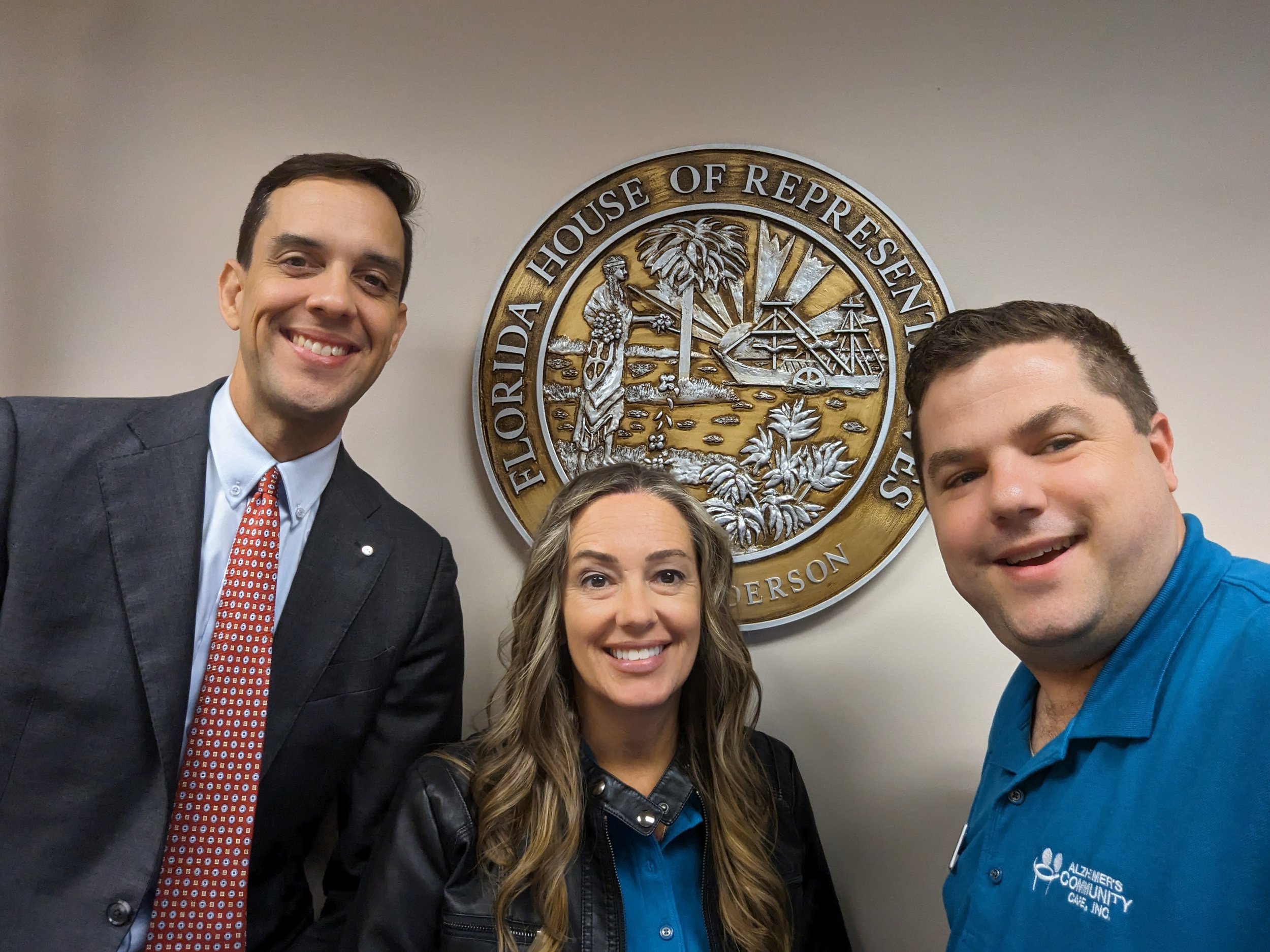
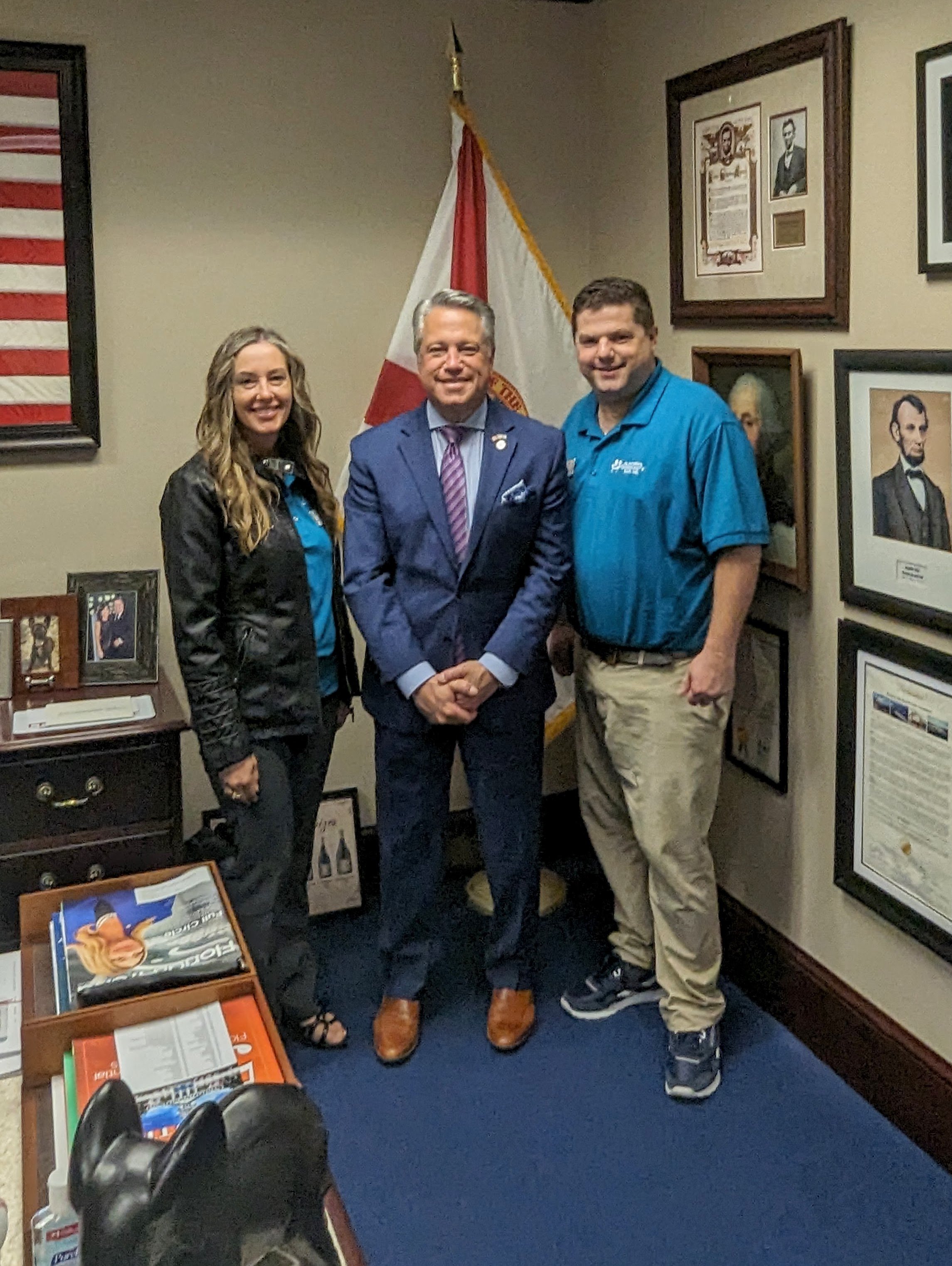
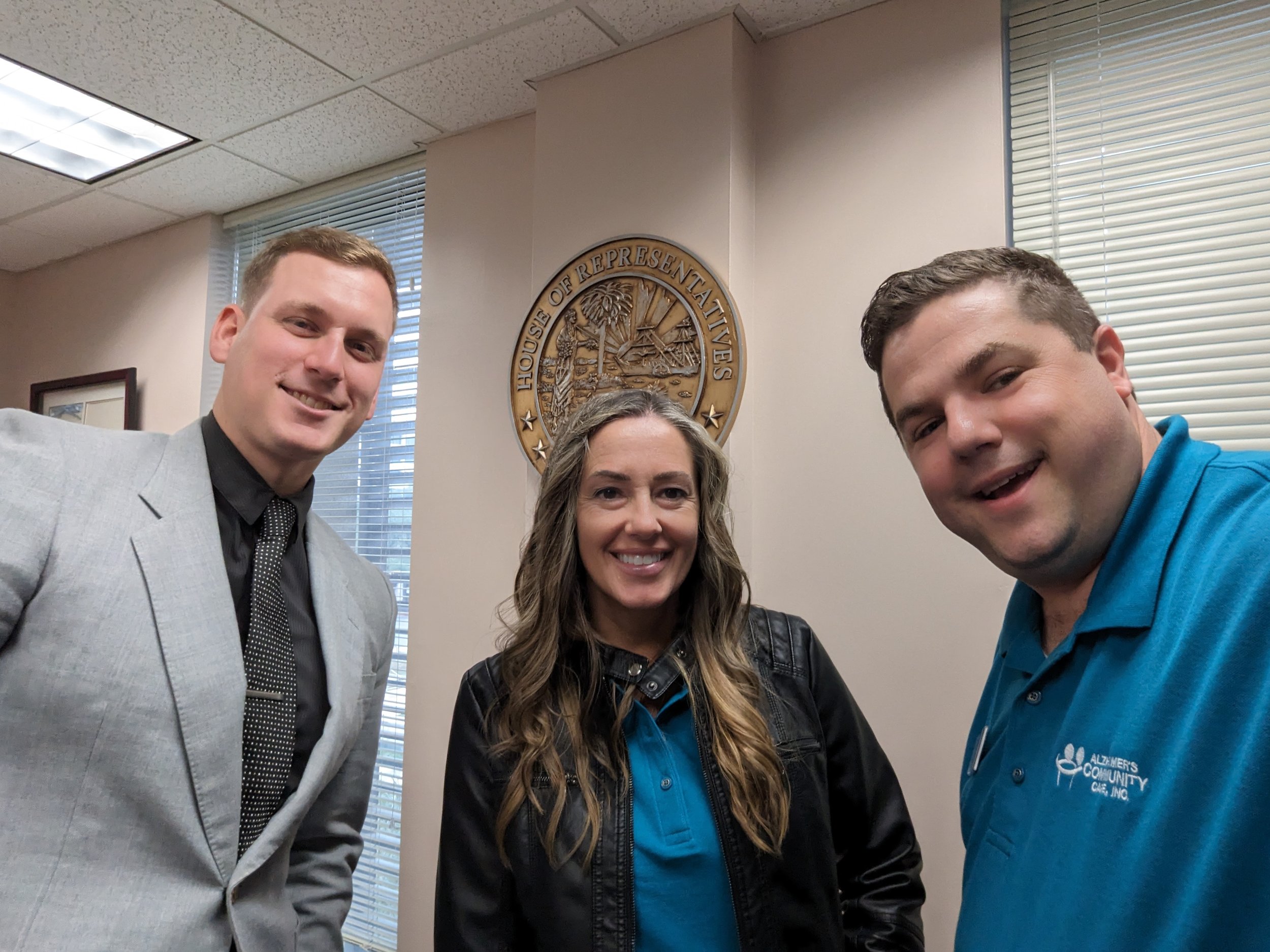





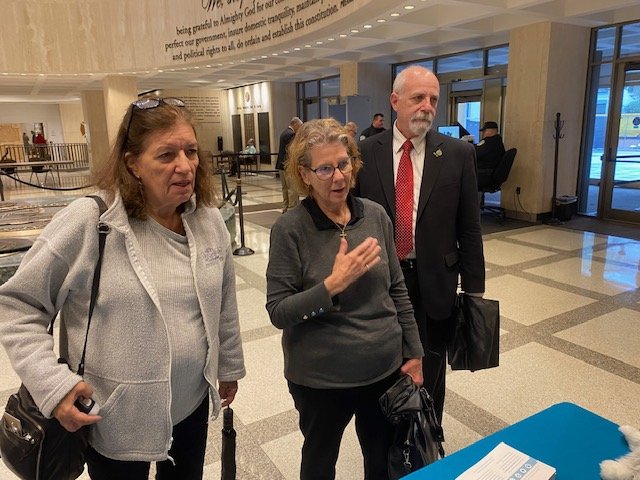



![[Sunday] Coveting Abundance - Generosity](https://images.squarespace-cdn.com/content/v1/5852f18a20099e30cd2c01dc/1699627106082-1CSMCWET2N4H55ZD2HTW/Generosity4a.jpg)

![[Sunday] Royal Introduction - Kingdom Way](https://images.squarespace-cdn.com/content/v1/5852f18a20099e30cd2c01dc/1732292654207-IOAL90WWETSNSYJWNI92/KW+1a.jpg)















































![[Sunday] Steal Generosity - Generosity](https://images.squarespace-cdn.com/content/v1/5852f18a20099e30cd2c01dc/1698953625046-TAD9QFP1MJQ382Y0B1JS/Generosity3a.jpg)









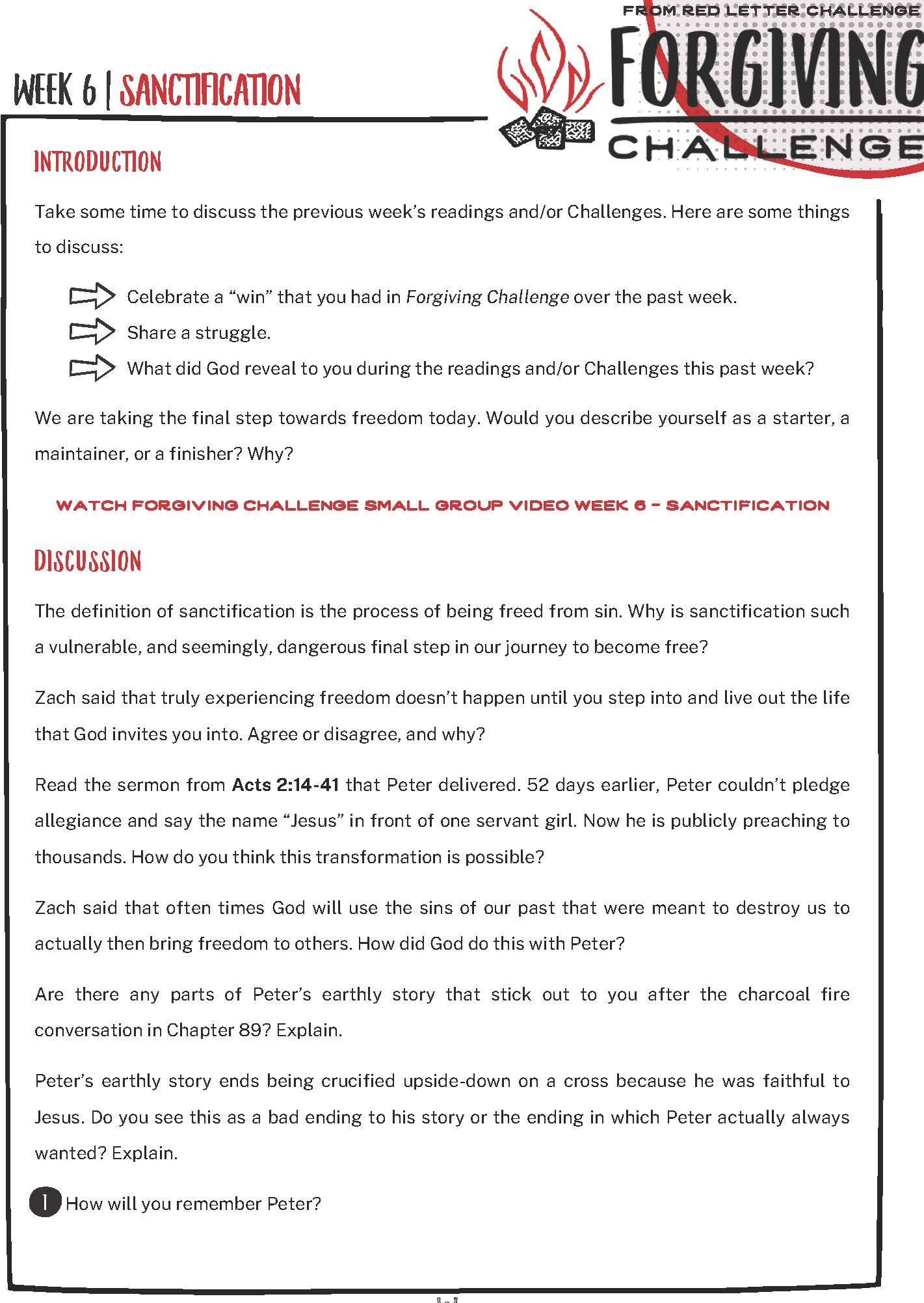
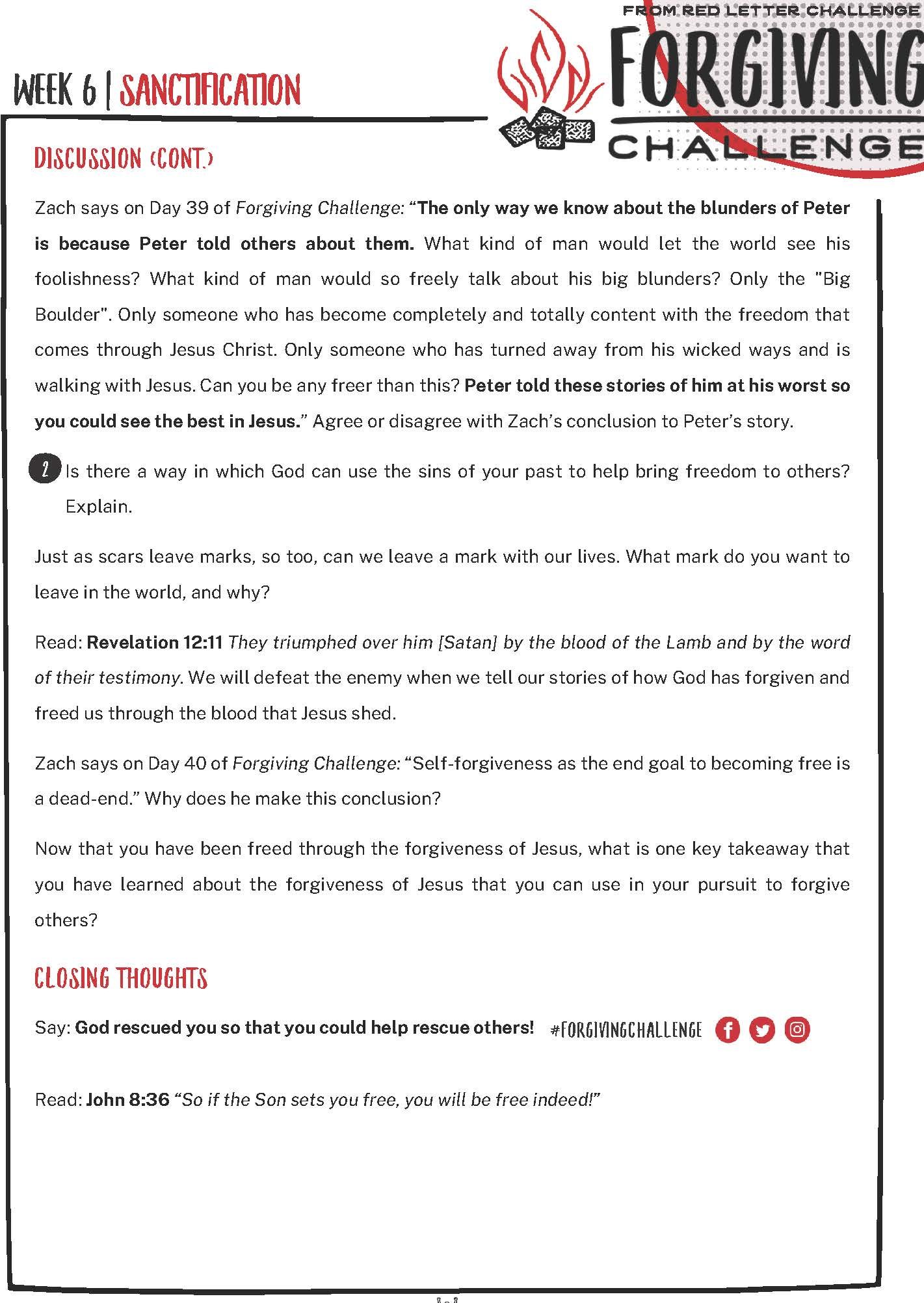
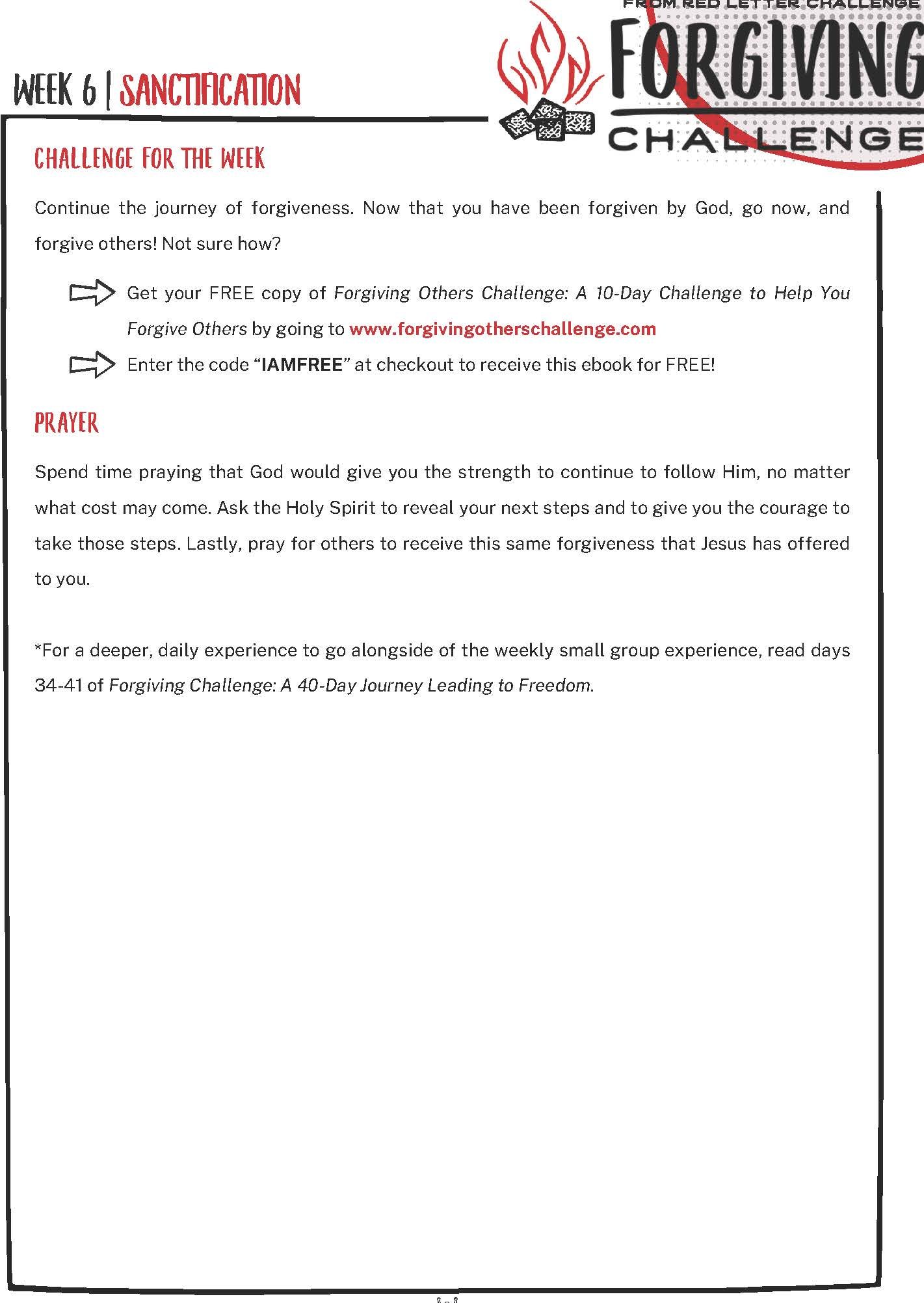
![[Sunday] Honored Blessing - Generosity](https://images.squarespace-cdn.com/content/v1/5852f18a20099e30cd2c01dc/1698434599318-FIQK88U417S6NQLK1RDB/Generosity2a.jpg)






















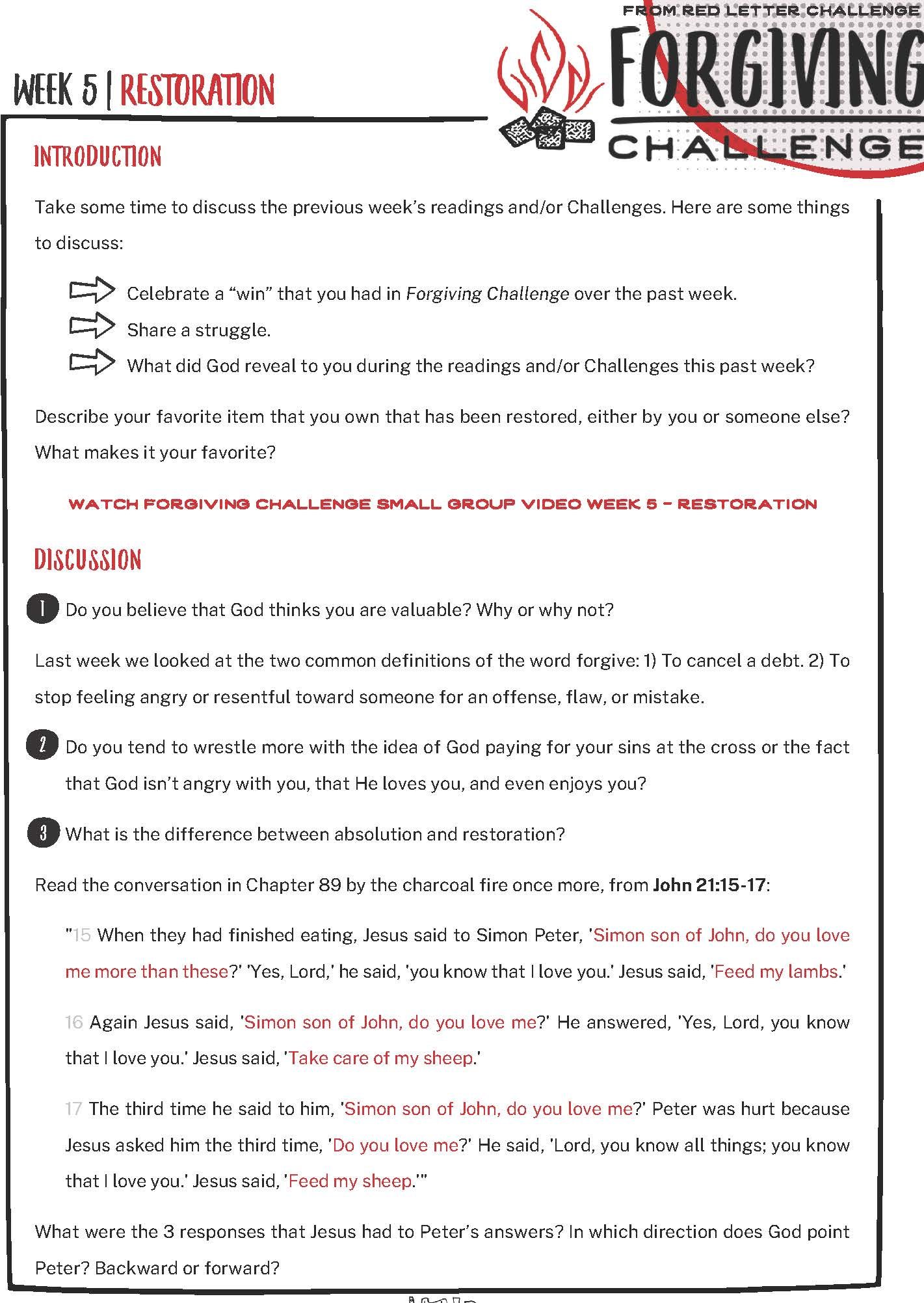
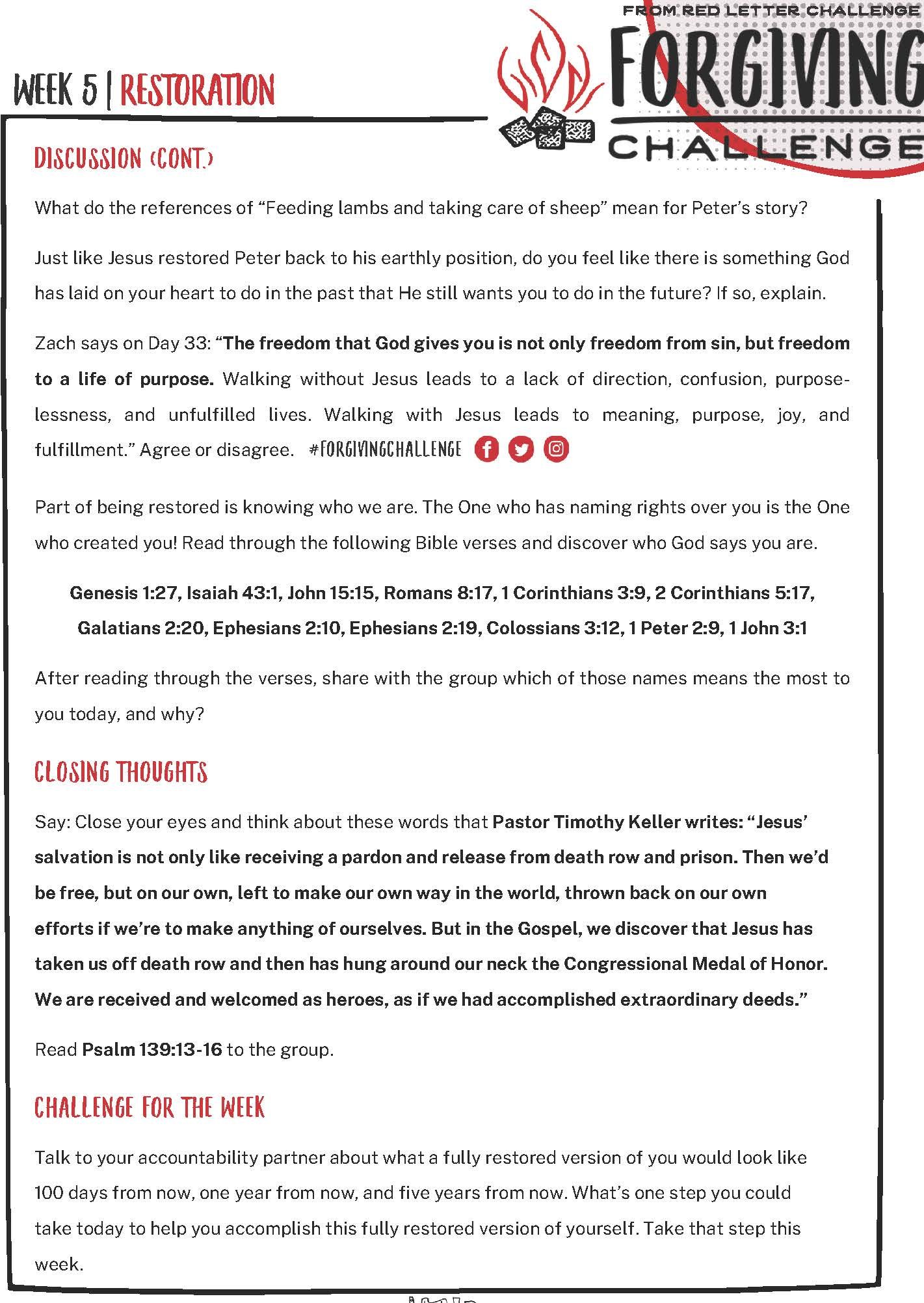
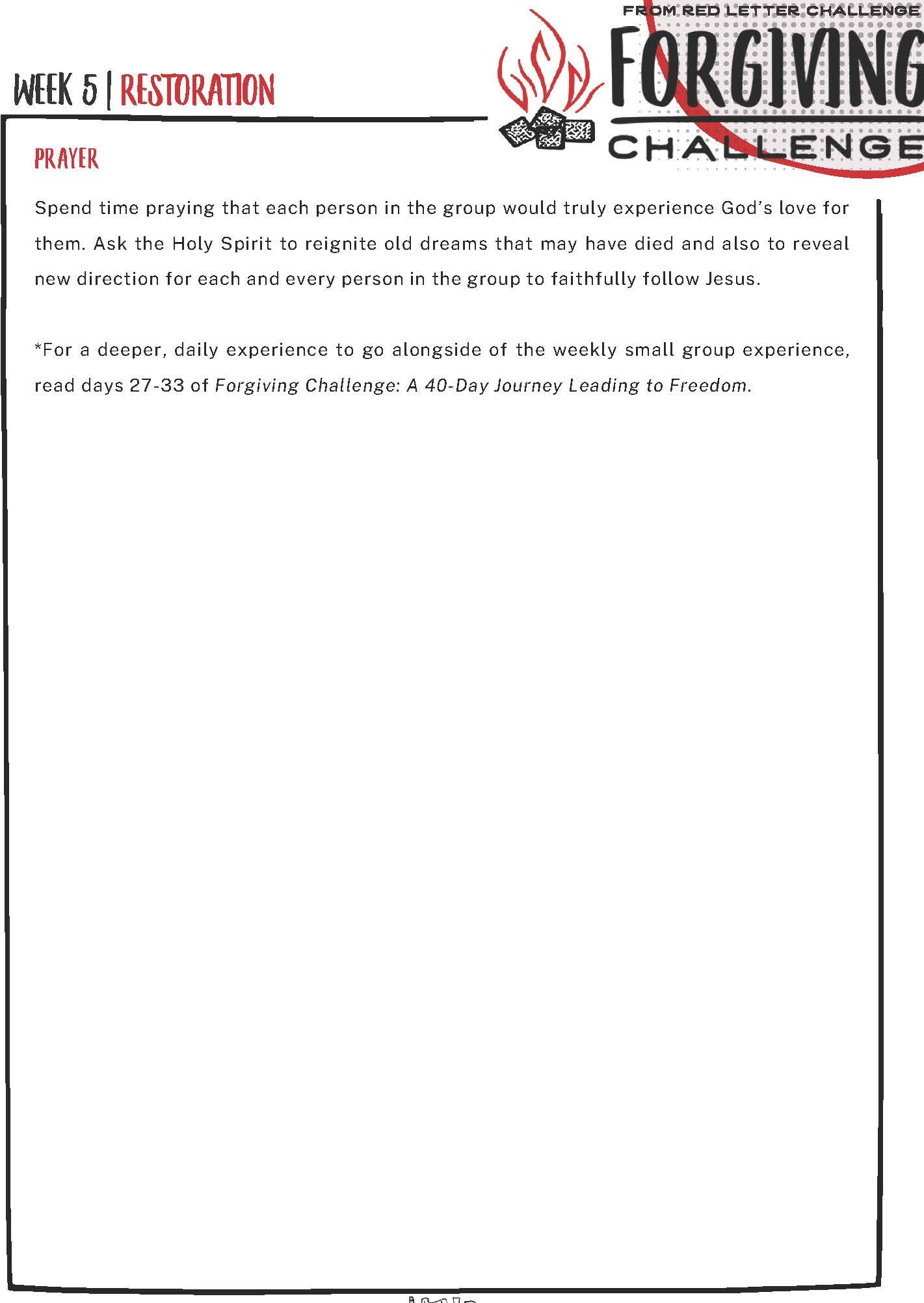
![[Sunday] Split Abundance - Generosity](https://images.squarespace-cdn.com/content/v1/5852f18a20099e30cd2c01dc/1697815224558-TB7C181FHX510PAH5O9S/Generosity1a.jpg)































![[Sunday] Christ the King Sunday 2023](https://images.squarespace-cdn.com/content/v1/5852f18a20099e30cd2c01dc/1700760838794-A5WE9BKGIA3TUWLGWR2M/Christ+the+kinga.jpg)
Introducing Him who completes all of creation with everything humanity has to offer.